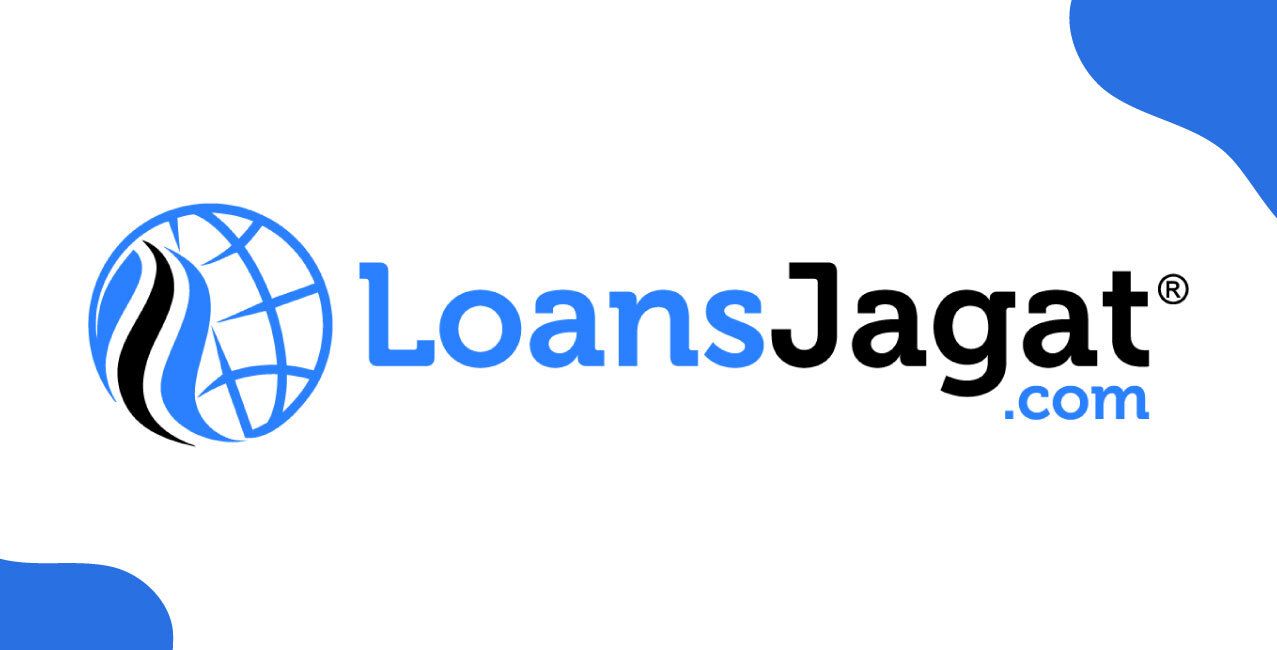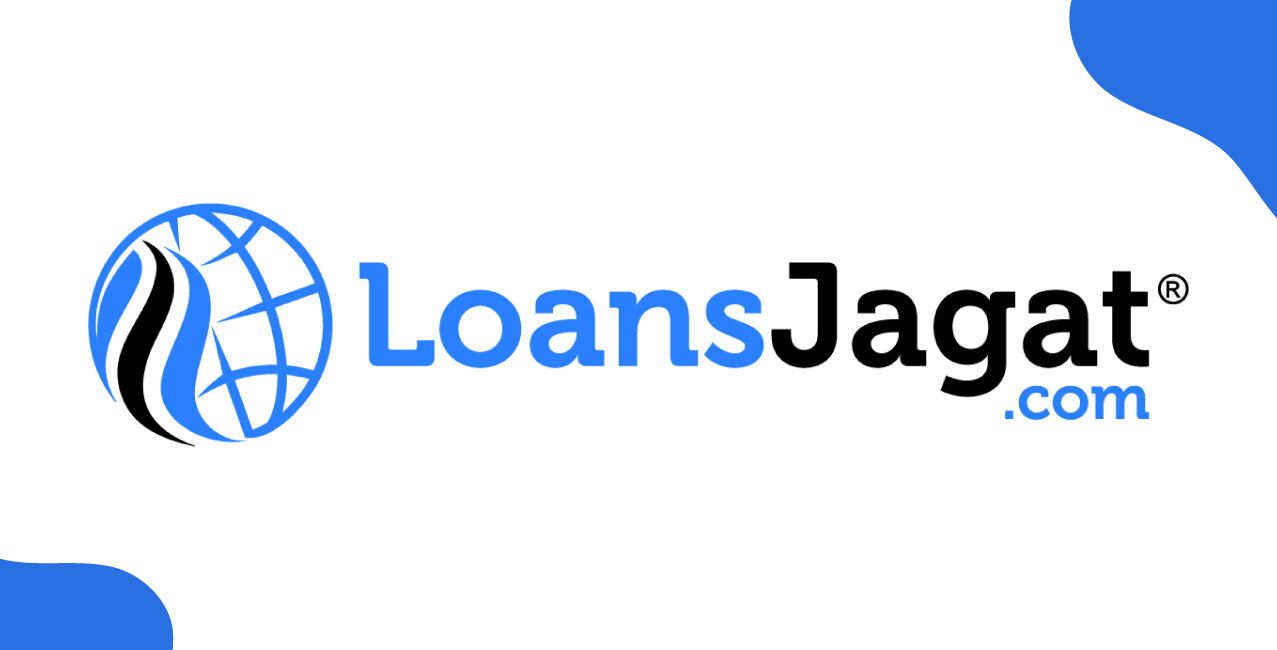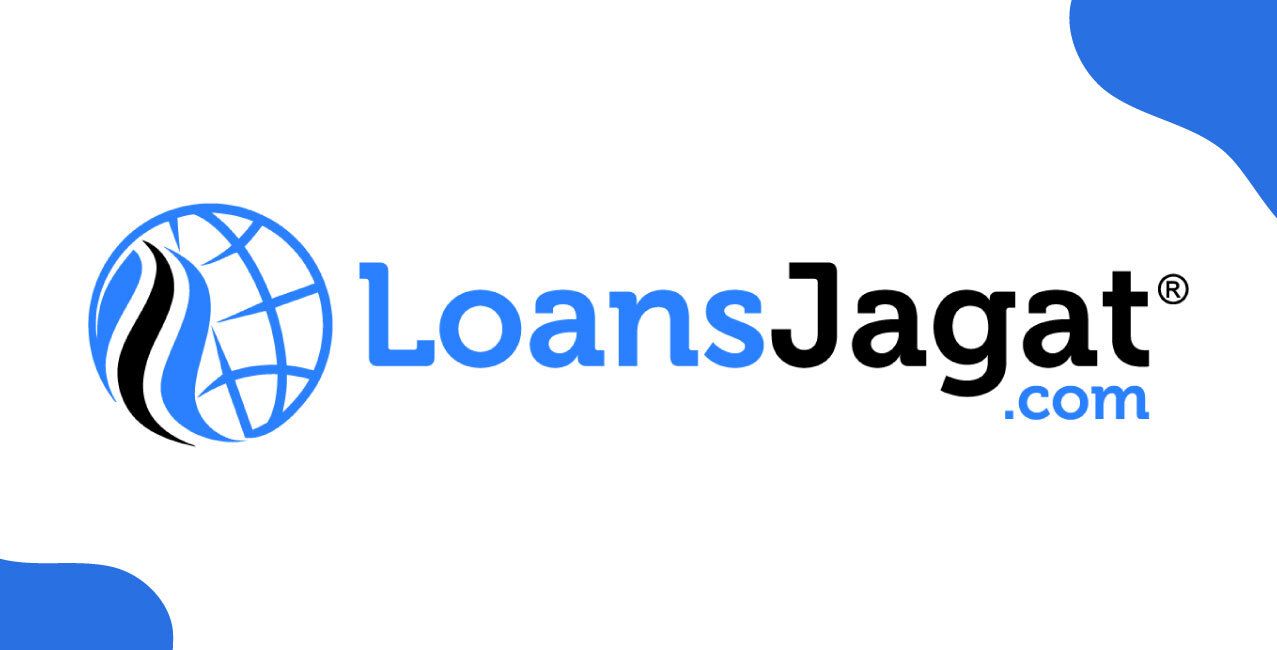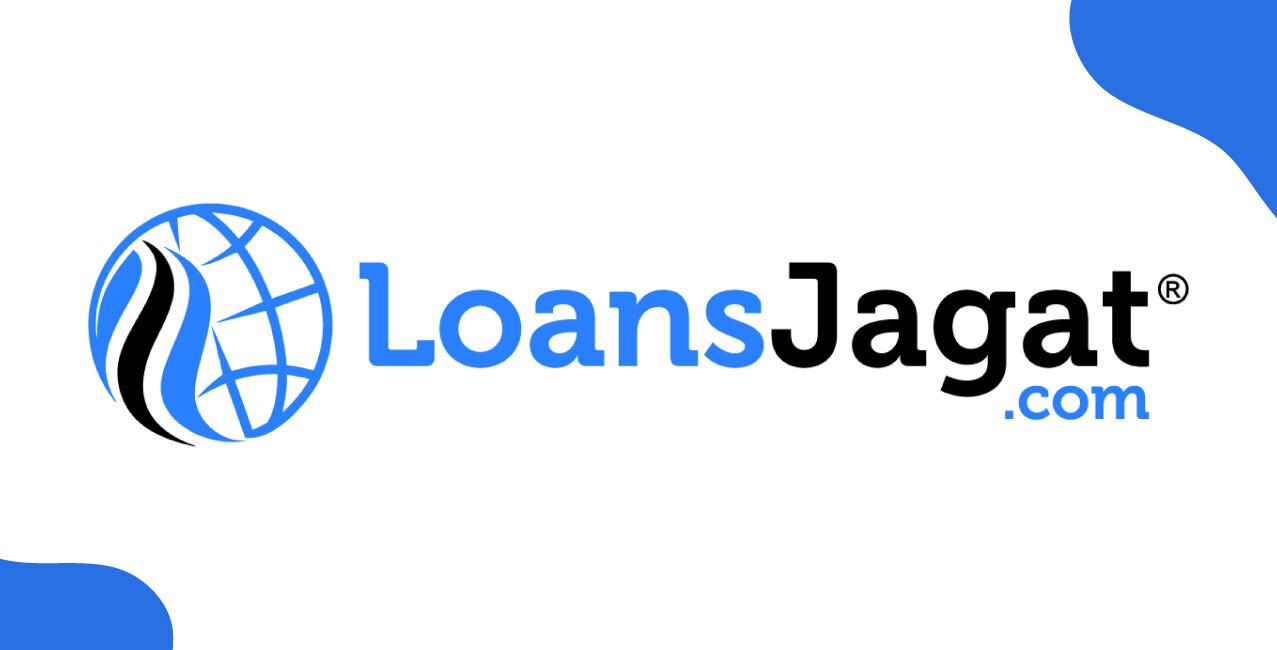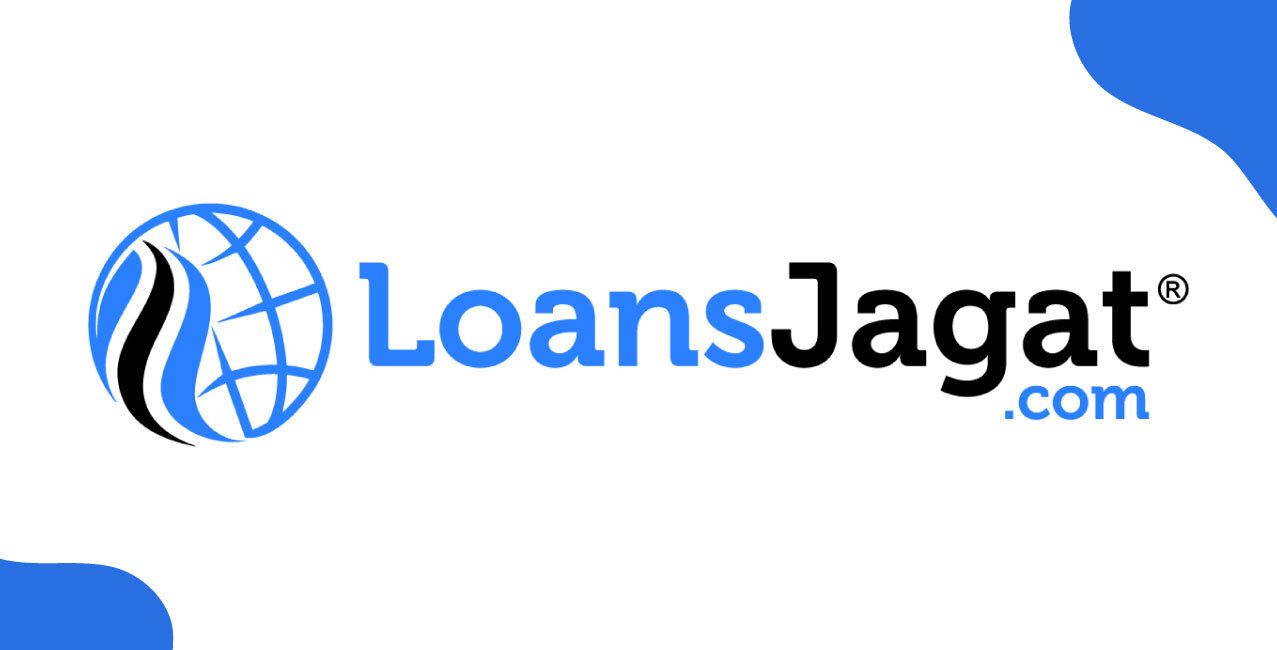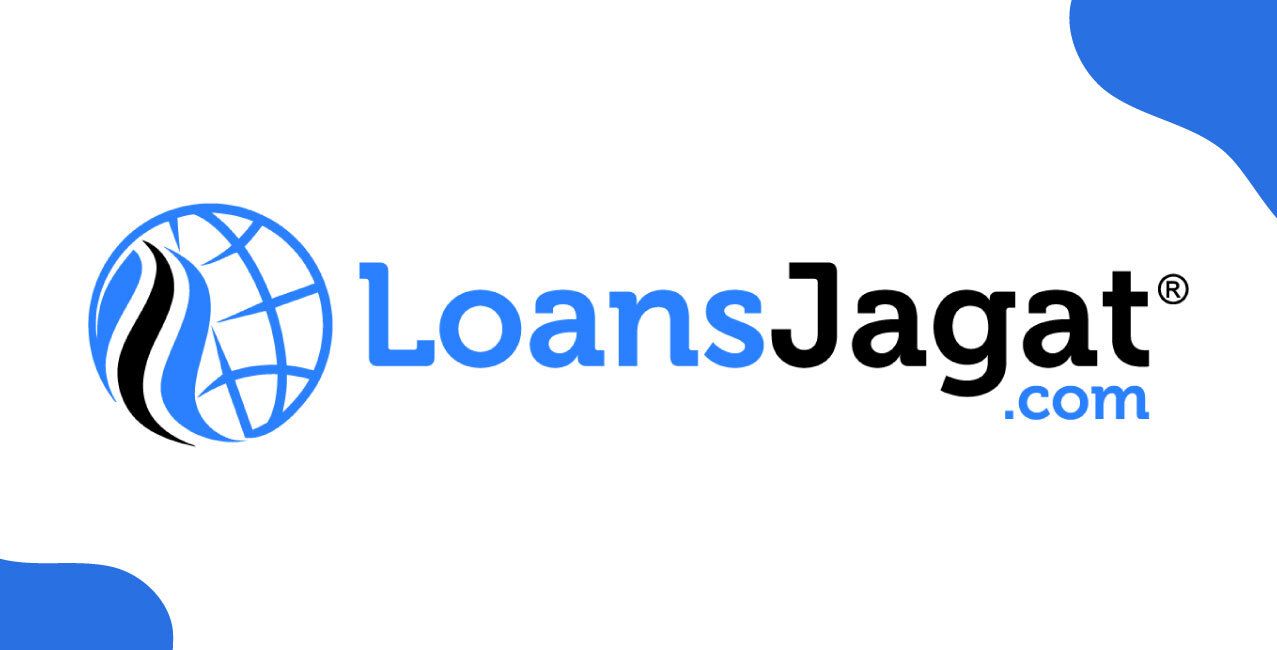Savings on Loan EMI? Read About Bank of Baroda, Indian Overseas Bank Cut MCLR Rates by Up to 15 bps
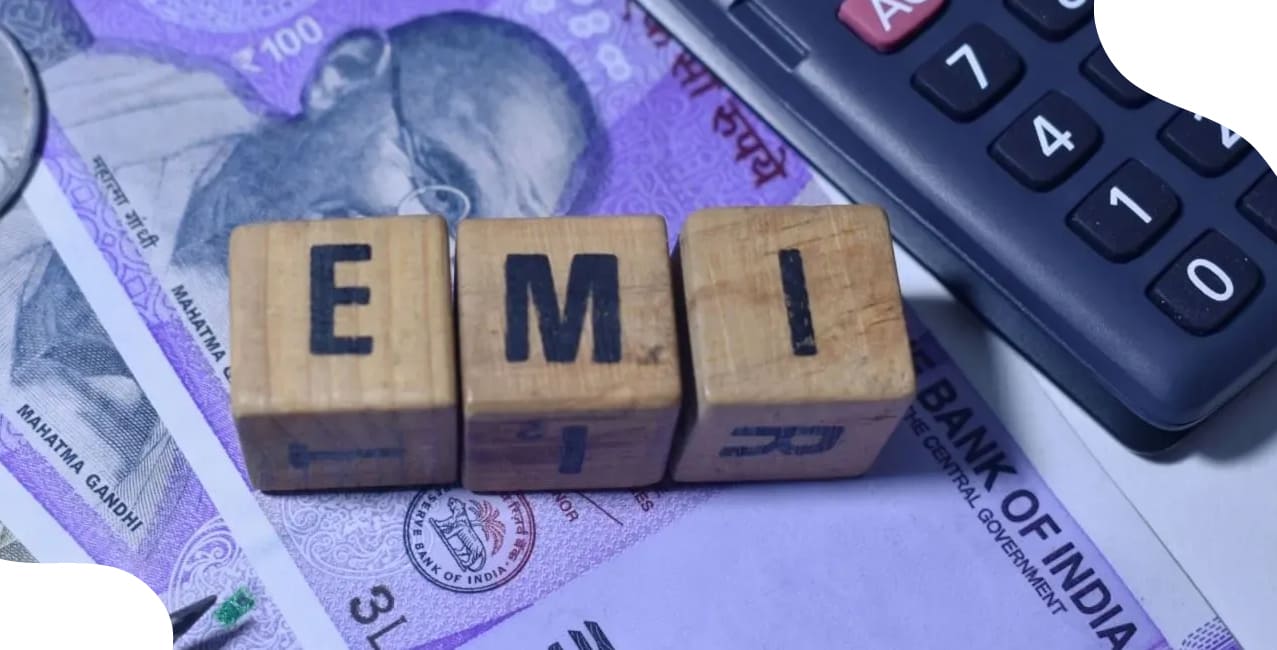
Check Your Loan Eligibility Now
By continuing, you agree to LoansJagat's Credit Report Terms of Use, Terms and Conditions, Privacy Policy, and authorize contact via Call, SMS, Email, or WhatsApp
As India gears up for the festive season, borrowers have received another piece of good news. Bank of Baroda (BoB) and Indian Overseas Bank (IOB) have reduced their Marginal Cost of Funds-based Lending Rate (MCLR) by up to 15 basis points (bps). This comes close on the heels of GST relief measures, offering consumers more room to spend on homes, vehicles, and festive purchases.
What Does the MCLR Cut Mean for Borrowers?
The Marginal Cost of Funds-based Lending Rate, or MCLR, is the minimum interest rate below which banks cannot lend. When banks cut MCLR, the borrowing cost for customers falls, directly impacting loans like housing, auto, and personal credit.
For instance, if a borrower had a home loan of ₹50 lakh linked to a one-year MCLR at 8.50%, a reduction of 15 bps (to 8.35%) could save them around ₹750 per month in EMI. Over a 20-year tenure, the savings would run into lakhs of rupees.
This reduction comes just before the high-spending festive season, indicating that banks want to boost credit demand by making loans cheaper and more attractive.
MCLR Rate Comparison: Before and After the Cut
To understand the exact impact, it’s important to look at the revised MCLR structures of BoB and IOB. While the changes vary across different tenures, the reductions are significant for one-year and above maturities, which are most commonly used for retail loans.
Source: Bank disclosures, September 2025
This table highlights how both banks have cut MCLR across short and long tenures, ensuring benefits for borrowers across product categories. The one-year MCLR cut is particularly important, as most home and auto loans are benchmarked to this rate.
In simple terms, this cut will make EMIs lighter and could improve borrowing sentiment at a time when households look to finance big-ticket purchases.
How Much Can You Save?
To understand the practical impact of a 15 bps cut in MCLR, let us consider a ₹50 lakh home loan taken for a tenure of 20 years.
- Earlier, if the loan was linked to a one-year MCLR of 8.45%, the EMI would be around ₹43,100.
- After the 15 bps reduction (to 8.30%), the EMI comes down to about ₹42,360.
That’s a saving of nearly ₹740 per month, or close to ₹1.8 lakh over the entire loan tenure.
This example highlights how even a seemingly small cut in MCLR can result in substantial long-term savings for borrowers, especially for big-ticket loans like housing finance.
Why Do Banks Cut MCLR Ahead of Festivities?
Festivals like Navratri and Diwali have historically coincided with higher demand for homes, vehicles, and consumer durables. Banks often revise lending rates or launch festive offers during this period to attract borrowers.
This year, the context is even more favourable. With GST 2.0 reducing the indirect tax burden on consumers, the cut in MCLR complements government measures, ensuring that both affordability and demand remain strong.
Banks are also balancing their cost of funds. Recent softening in deposit rates and easing liquidity pressures allow lenders like BoB and IOB to pass on benefits to consumers in the form of lower lending rates.
How Do These Cuts Compare with Other Banks?
Bank of Baroda and Indian Overseas Bank are not the only ones adjusting MCLR. Other state-owned and private banks have also revised their lending rates in recent months. To place this in context, here’s a comparison with selected peers:
Source: Publicly available bank rate sheets, RBI filings
From this table, it is evident that public sector banks are leading the way in making loans cheaper. Private sector banks are being more cautious, reflecting their higher cost of deposits and different risk assessments.
Overall, borrowers looking for affordable financing are likely to find better deals with state-owned lenders this festive season.
Impact on Different Loan Categories
Lower MCLR rates are not just good news for home loan borrowers. They also bring relief across several categories:
- Home Loans: The biggest beneficiary, as most are linked to one-year MCLR.
- Auto Loans: EMI reductions could encourage more festive vehicle purchases.
- Personal Loans: Although shorter tenure loans see limited impact, even a small reduction can improve affordability.
- Business Loans: SMEs relying on working capital credit could find their costs reduced, improving liquidity.
For customers on repo rate-linked lending rate (RLLR) loans, the impact will be indirect. However, since MCLR revisions reflect broader funding cost trends, repo-linked borrowers may also benefit in coming months if RBI policy remains supportive.
Conclusion
The decision by Bank of Baroda and Indian Overseas Bank to cut MCLR by up to 15 bps signals a pro-borrower stance at a crucial time. The timing—just before the festive season—indicates a push to boost demand, align with GST relief, and support economic momentum.
Borrowers stand to gain significantly, especially in home and vehicle financing, with reduced EMIs and improved affordability. Public sector banks are once again leading the charge in lowering rates, setting a benchmark for private lenders.
As households gear up for festive spending, these MCLR cuts not only lighten EMIs but also brighten consumer sentiment, ensuring that cheaper credit fuels growth in the months ahead.
About the author

LoansJagat Team
Contributor‘Simplify Finance for Everyone.’ This is the common goal of our team, as we try to explain any topic with relatable examples. From personal to business finance, managing EMIs to becoming debt-free, we do extensive research on each and every parameter, so you don’t have to. Scroll up and have a look at what 15+ years of experience in the BFSI sector looks like.
Subscribe Now
Related Blog Post

Home Loan Interest Rates 2025 Deliver Major EMI Relief, Will Borrowers See More Gains In 2026?

Will the Indian Rupee Stabilise in 2026 After a Volatile 2025?
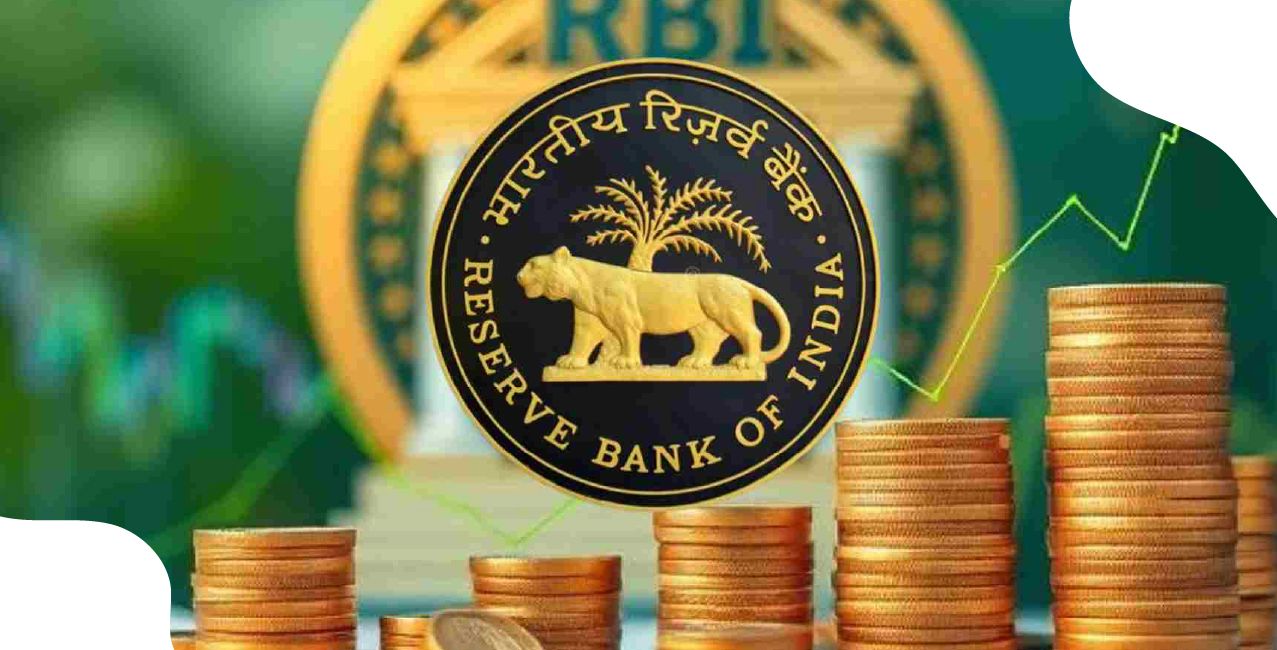
RBI Draft Rules Target Surprise Costs in Overseas Payments
Recent Blogs
All Topics
Contents
Quick Apply Loan
Consolidate your debts into one easy EMI.
Takes less than 2 minutes. No paperwork.
10 Lakhs+
Trusted Customers
2000 Cr+
Loans Disbursed
4.7/5
Google Reviews
20+
Banks & NBFCs Offers
Other services mentioned in this article
